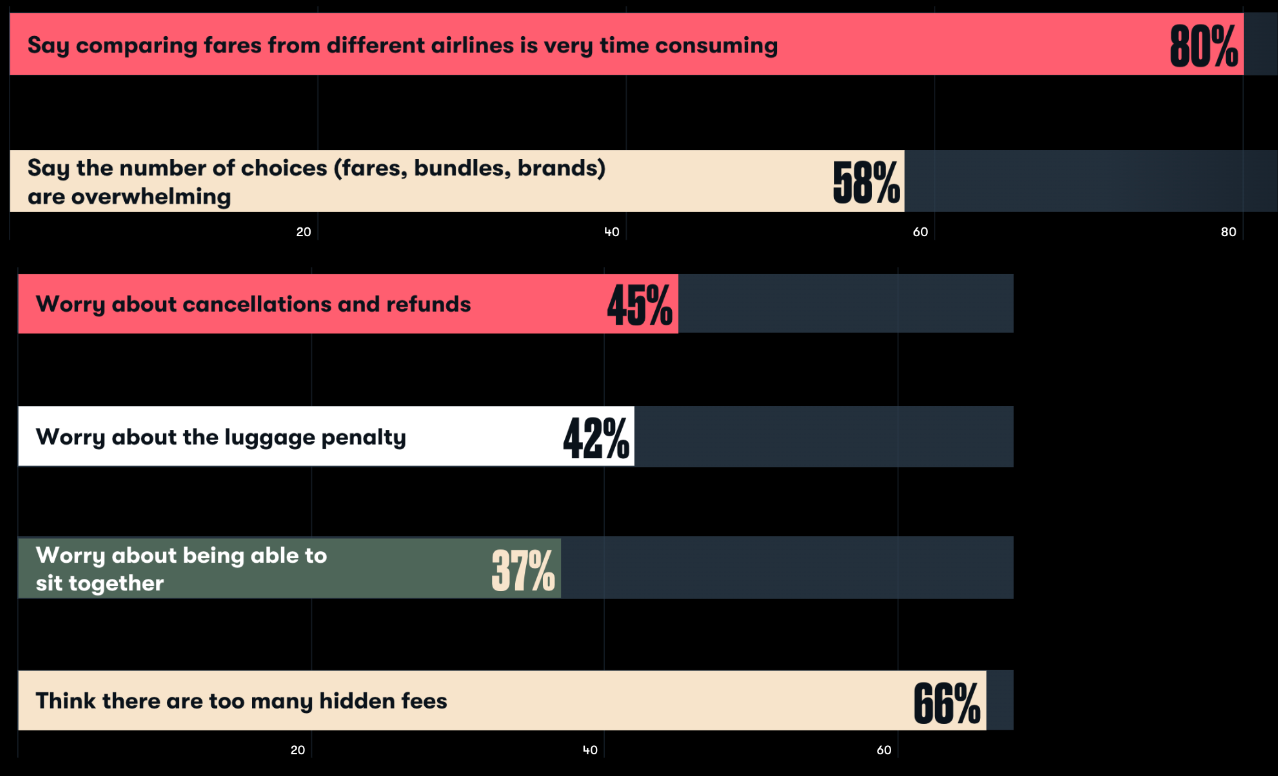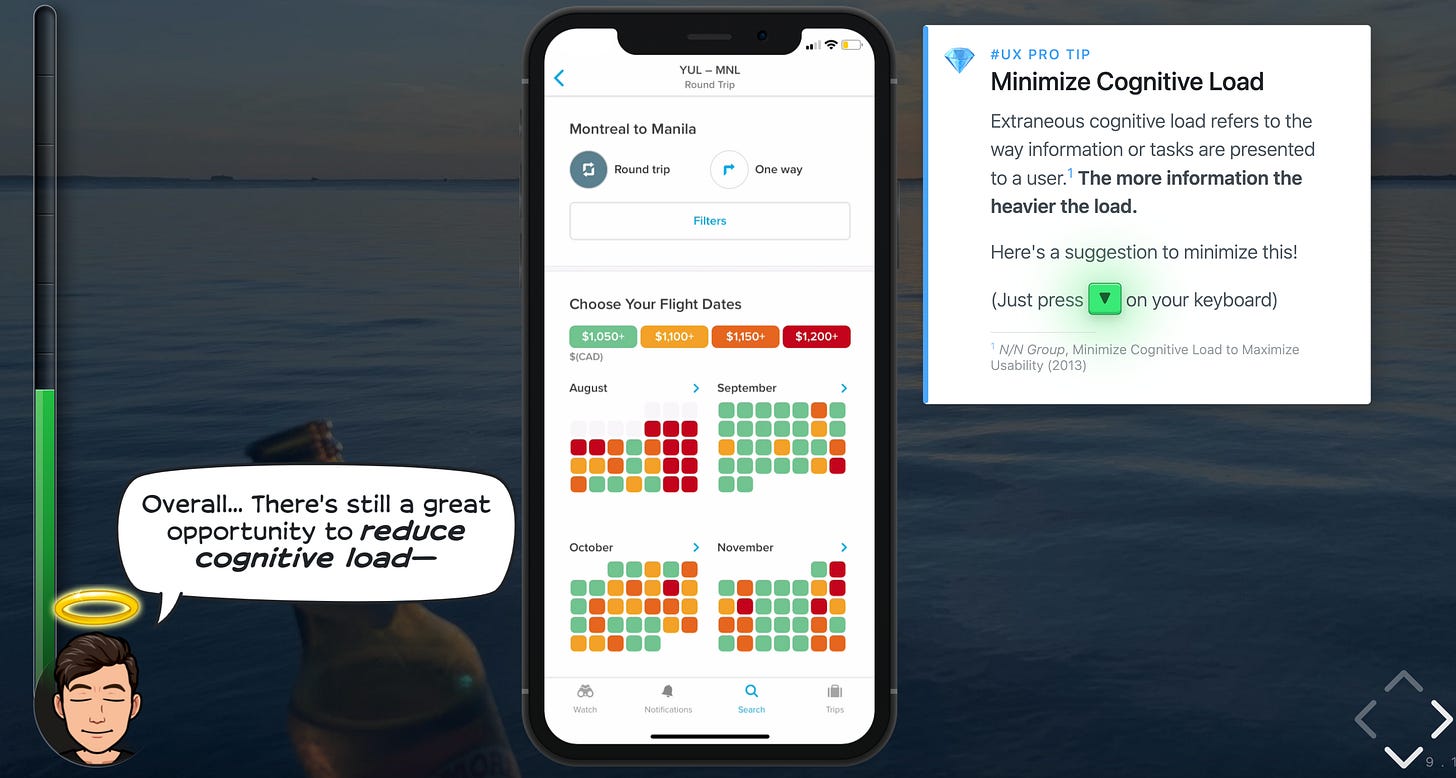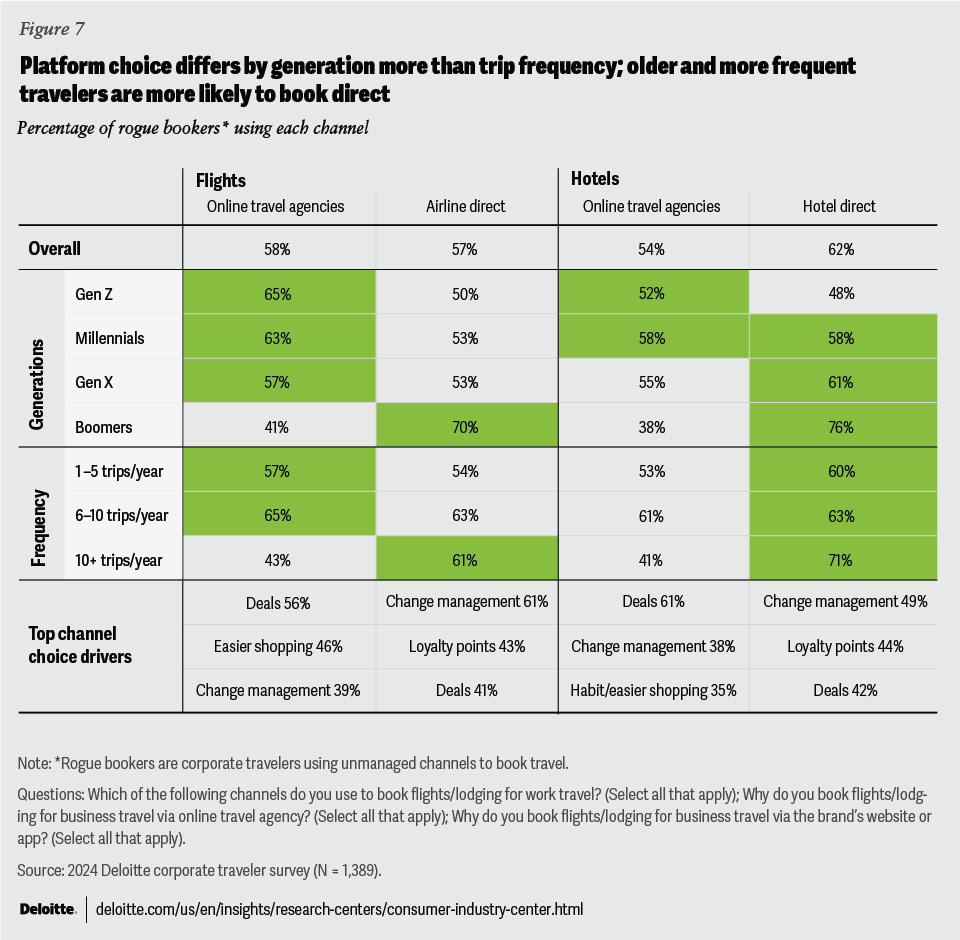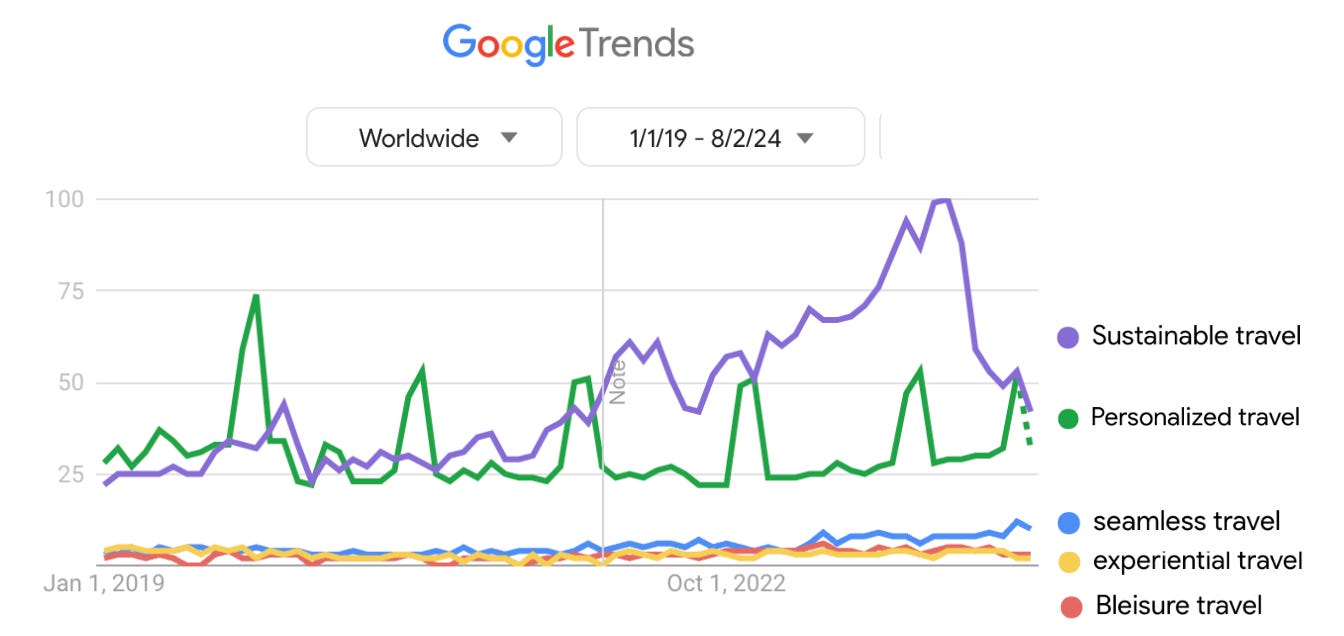Consumers don’t want more choice, but more confidence in the choices presented. Choice is a tax on time and attention. — Scott Galloway
Jeff Bezos is somewhere on a yacht right now because he made it easy for consumers to compare apples to oranges in an apples-to-apples way. — Travelport
Thank you to Kolet for sponsoring this newsletter.
Transform your travel business with Kolet eSIMs. Imagine offering your customers free 1GB of data on us, boosting your brand and driving long-term revenue. Kolet specializes in B2B2C solutions tailored for airlines and OTAs, helping you unlock post-flight ancillaries and maximize EBITDA. Partner with Kolet to elevate your customers' travel experience and to join industry leaders already benefiting from Kolet eSIM.
0. The most clicked link in the previous newsletter
The most clicked link in Travel Tech Essentialist #150 was Francesco Canzoniere’s article on how Booking might respond to hotels offering lower rates on their websites
1. DTC = Difficult To Compare
The direct-to-consumer (DTC) movement has grown rapidly, allowing brands to connect directly with consumers. However, this has often resulted in overwhelming product choices without improved value by cutting out retailers. Consumers need options to feel confident but don’t want to waste time sorting through endless choices.
The travel industry has also embraced DTC, with airlines and hotels seeking to control the entire customer journey. Travel products have surged from 500 in 2010 to 10,000 in 2024, making it unrealistic for travelers to compare numerous offerings. Despite the buzz around seamless travel, it’s far from ringing true with most travelers.
In their recent report, DTC = Difficult To Compare, Travelport points out that digital transformation must prioritize travelers. Their research shows that travelers feel overwhelmed by too many options. Travelport highlights ways to manage multi-source content better, ensuring consumers can make confident choices without getting lost in the process.

2. One Click Travel
Decius Valmorbida, President of Travel at Amadeus, stresses the importance of a seamless 'one-click travel' experience for premium leisure travelers, similar to Amazon's ease of use. He suggests that travel companies should strive to connect with customers as effectively as premium brands like Tesla and Prada.
Travel involves many stakeholders, making a unified experience challenging, but countries like Saudi Arabia, Singapore, and the UAE demonstrate how coordinated efforts between airlines, airports, and border control can create smoother travel experiences.
Valmorbida believes the travel industry can achieve this goal by adopting an ecosystem approach and investing in technology and partnerships. Read + Amadeus.
3. Visual stories to design better customer experiences
Growth.Design teaches UX skills through engaging, short visual comics that use case studies from real companies to help you design experiences users love. Check out their 5-minute story on Hopper’s booking flow, which offers a variety of tips and suggestions, including:
Priming: Subtle visuals that influence user responses.
Progressive Disclosure: Gradually introducing more complex actions to prevent user overwhelm.
User-Driven Prompt: Allow users to trigger prompts for information or access, ensuring it feels intentional.
Minimizing Cognitive Load: Present information and tasks clearly to avoid overwhelming users.
Information Overload: When too much input exceeds processing capacity, reducing decision quality.

4. GPT for Scenario Planning
Organizations and individuals often plan for multiple potential futures. Scenario planning helps you see how strategies might change in different future worlds. Ethan Mollick, Professor at The Wharton School and author of Co-Intelligence, introduced the Four Futures Planner GPT, an AI tool for scenario planning. Just input your personal or business plan, and it will stress test it against various possible futures.
We shouldn't be certain about what is next, but we should plan for it — Ethan Mollick
5. TikTok is making people travel
British Airways Holidays and Globetrender released their second Travel Trends Report, highlighting key trends influencing travel behavior. The report reveals that 23% of UK consumers use TikTok for holiday inspiration. Of those users, nearly one in five booked a trip based on TikTok content. The platform is most influential among 18-24-year-olds, with 66% using it for travel ideas and 24% booking trips as a result. 23% of users aged 35-44 find TikTok useful for holiday inspiration, with 16% booking a "TikTok Trip" after viewing content.
6. Corporate travel growth
US corporate travel spending is set to match or exceed 2019 levels by the end of 2024. A recent Deloitte corporate travel report shows:
73% of travel managers expect spending growth in 2024, 58% in 2025
Average projected growth: 14-15% annually
Return to office driving increased travel
67% of corporate travelers extended business trips for leisure in 2023
60%+ corporate travelers expect to attend at least one conference or trade show in 2024
30% never use corporate booking tools; many prefer unmanaged channels. Reasons for booking outside corporate systems:
OTAs: Better deals
Direct bookings: Easier changes, improved user experience, loyalty points
Older and more frequent travelers are the least likely to use managed channels, and they are more likely to book directly with suppliers than through an OTA

7. Search trends
In a previous newsletter, I wrote about some industry buzzwords. Here’s how some of them evolve in Google searches. (Why does “Personalized travel” have such a noticeable and consistent hike every December?)
8. The UX version of Newton’s Law of Motion
I found this insightful LinkedIn post by Marc Mekki. He was referring to Mindtrip.ai.
Mark: “This is actually a beautifully executed GenAI-driven vacation trip planner with a smooth UX, clean UI, and great use of contextual follow-up questions. No one's going to use it, and it will flounder, but OK, kudos for designing something that feels like a mature app.”
Comment: “Why do you think no one will use it? Or is that just what you are saying everyone says about trip planners?”
Mark: I’m arguing that this will see very little traction and will not survive as a business model because it is essentially an infrastructure demo, not a viable commercial opportunity in its own right. How will consumers even find this platform? Solving a problem isn’t enough; you’re also fighting the UX version of Newton’s Law of Motion: there’s not a force strong enough to move the rather immovable object of people’s ingrained habits when it comes to this problem. UX-oriented startups often make that mistake: convincing consumers to go from something very bad to decent or good is relatively easy, but moving them from good enough to great is extremely hard. Travel planning online is, as it stands, ‘good enough’.
It serves as a reminder that established patterns of behavior are a formidable competitive advantage for incumbents. If a start-up tries to compete on incremental improvements, it will lose. It wins by breaking and replacing engrained patterns of behavior. Best of luck to Mindtrip.ai.
9. Millennials and Gen Z are turning to Travel Agents to plan their trips
In 2014, the number of travel agents in the US was half of what it was at the industry's mid-'90s peak, with many expecting it to become obsolete. But by 2021, 76% of advisors were seeing more customers than before the pandemic (source: NYT).
Some data shows that younger generations are more likely to prefer personalized service from travel agents, while older generations have largely embraced online booking platforms. A December 2023 survey of American travelers revealed the percentage of each generation that preferred traditional travel agents over online booking:
- 38% of Gen Z and millennials
- 12% of Gen Xers
- Only 2% of Baby Boomers
Travel agents and companies like Fora are finding millennial and Gen Z customers in their natural habitat: TikTok, Instagram, and social media in general. Read + Business Insider.
10. Fundraising
Spanish startup Exoticca raised a €60 million Series D for its tour packages platform.
Travel Fintech Faye raised $31 million in Series B funding, bringing its total funding to $49 million. Portage led the round.
Israeli startup Holisto, which specializes in price aggregation technology, raised $10 million from Trivago, and has now raised over $20 million. It will continue to operate independently with a team of about 250 employees in Israel and abroad.
Byway, the flight-free travel startup, raised £5 million in a Series A funding round led by Heartcore (GetYourGuide, TravelPerk, Fora).
Valpas, a Finnish hospitality tech platform that ensures bedbug-safe and pesticide-free travels, closed a €4 million Seed round.
Are you fundraising?
If you are a startup looking to raise a round (from pre-seed to Series D), I can help (for free). Travel Investor Network is a private platform where I recommend innovative travel startups to investors and innovators. If you’re interested, please start by completing this form.
Travel Tech Essentialist Job Board
Welcoming the newest companies posting their open positions in the Travel Tech Essentialist Job Board. If your company is hiring and you’d like to feature your openings on the Job Board and on this newsletter, please don’t hesitate to reach out!
The Travel Tech Essentialist Job Board has great companies actively hiring for a total of 1325 jobs.
Sponsored notes
News, tools, offers & more from around the community
Boost your travel business with optimized paid search campaigns using proven travel best practices! Increase bookings and ROI with our expert PPC strategies. Book a strategy consultation now for an unbiased opinion and a fresh set of eyes and Claim your free Google Ads audit Visit Digital Sardine today!
If you like Travel Tech Essentialist, please consider sharing it with your friends or colleagues. If you’re not yet subscribed, you can do so here:
And, as always, thanks for trusting me with your inbox.
Mauricio Prieto






